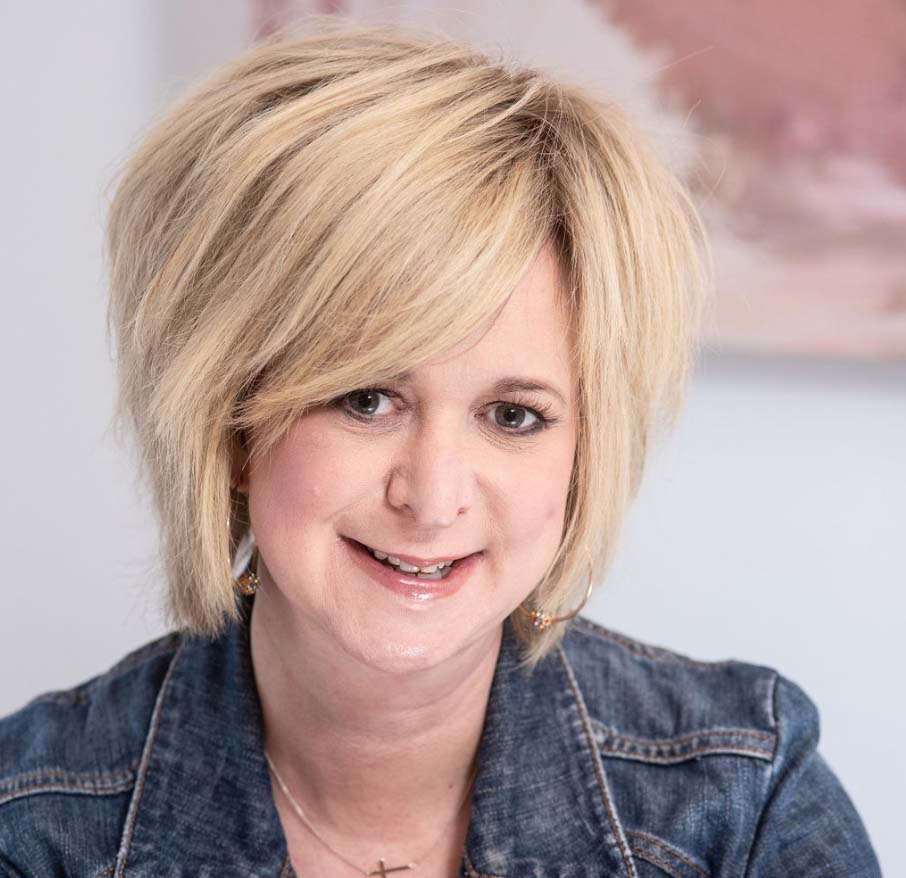“We all have mental health.” Perhaps there are no truer or more important words. Julie Frishkorn, PeopleOne Health’s Vice President of Behavioral Health, reminds us that while our genetic makeup differences may be ever-present, we are all impacted by mental health in one way or another. Supporting our mental health is just as important as taking care of our physical needs.
According to the National Association of Mental Illness (NAMI), one in five U.S. adults have experienced a mental illness, and one in 20 have been diagnosed with a serious mental disorder. Since the start of the global pandemic, those numbers only continue to grow. There’s no question that taking care of your mind is just as important as taking care of your body.
Since joining PeopleOne Health, Julie has made it her mission to scale the integrated care model established in our flagship office, ensuring that all clinical offices attend to the whole person and their mental and physical health.
“We don’t realize it, but when we are talking about activities of daily living, we only start to become aware of our mental health when it’s struggling,” she shared. “The goal-setting approach our health coaches use and the aspirational environment, it was so fitting that we could begin to have conversations about mental health without the stigma that has historically come along with it. When we teach people what mental health is through integrated, overall health and wellness programs, we change the narrative.”
Using the vision for accessibility once launched by PeopleOne Health’s co-founder, Dr. Zane Gates, Julie and her team have implemented an integrated approach to preventative mental health care through an early intervention mode. Every single member who joins PeopleOne Health is assessed during every office visit using a process called SBIRT, or Screening Brief Intervention and Referral to Treatment. The assessment screens for potential mental health and/or substance use challenges, all directly impacting physical health as well.
“It’s my goal to be able to think about how all of these things impact physical health as well,” she said. “The conversation is changing. Now we are looking at how you can be fully well. It’s a natural progression.”
Prior to joining the PeopleOne team, Julie led a private practice for 10 years, and prior to that worked in 10 years in residential settings. She admits that having a private practice forced silos and barriers to collaboration with other specialists, primary care physicians, pharmacists and nutritionists.
“The PeopleOne Health model means everyone is working together in the best interest of the patient. It simply makes the most sense for the patient and the provider,” Julie shared.
Since the pandemic, a new light is shining on the importance of holistic physical and mental health. “The silver lining is that it prompted people to begin talking about mental health in a way that they didn’t have a platform previously. People were afraid and ashamed. More people and employers are talking about mental health. It’s almost expected that your employers will support it and offer more sophisticated solutions for their employees.”
As PeopleOne Health continues to expand across Pennsylvania and Ohio, Julie and her team hope to build upon the strong integrated platform that already exists, ensuring that members are taking care of their minds and bodies. Because everyone has mental health.



